(Bloomberg) — OpenAI has more than 100 ex-investment bankers helping train its artificial intelligence on how to build financial models as it looks to replace the hours of grunt work performed by junior bankers across the industry.
The group, which includes former employees of JPMorgan Chase & Co., Morgan Stanley, and Goldman Sachs Group Inc., is part of a secretive project inside the startup that’s code named Mercury, according to documents seen by Bloomberg.
Most Read from Bloomberg
Participants are paid $150 per hour to write prompts and build financial models for a range of transaction types, including restructurings and initial public offerings, according to a person familiar with the effort. The company has also granted the contractors early access to the AI it’s creating that aims to replace entry-level tasks at investment banks.
The project underscores the urgency at Sam Altman’s OpenAI to make its powerful AI technology more useful to businesses across a wide swath of industries, from consulting to finance to legal to technology. Despite reaching a $500 billion valuation earlier this month, the world’s largest startup has yet to turn a profit.
A spokesperson for OpenAI said the company works with a range of experts “to improve and evaluate the capability of our models across different domains. Experts are recruited, managed and compensated by third party suppliers.”
Investment banking analysts typically spend upwards of 80 hours a week at their desks when working on live deals, building detailed models in Microsoft Corp.’s Excel program for mergers and leveraged buyouts alike. They often face a steady stream of requests from higher-ups to make tweaks to PowerPoint slide decks, and then tweaks to those tweaks — a culture that’s spawned Wall Street’s “pls fix” meme.
Already, a bevy of startups are looking to step in and equip banks with AI that can help with all that. While analysts have long complained about the drudgery, the rise of AI is now sparking concerns about their job security.
The application process for Project Mercury involves almost no human interaction, according to the person familiar with the matter, who asked not to be named discussing non-public information.
The first step is a roughly 20 minute interview with an AI chatbot, which asks questions based on the applicant’s resume. The second phase tests candidates on their knowledge of financial statements. The final stage is a modeling test.
(Bloomberg) — OpenAI has more than 100 ex-investment bankers helping train its artificial intelligence on how to build financial models as it looks to replace the hours of grunt work performed by junior bankers across the industry.
The group, which includes former employees of JPMorgan Chase & Co., Morgan Stanley, and Goldman Sachs Group Inc., is part of a secretive project inside the startup that’s code named Mercury, according to documents seen by Bloomberg.
Most Read from Bloomberg
Participants are paid $150 per hour to write prompts and build financial models for a range of transaction types, including restructurings and initial public offerings, according to a person familiar with the effort. The company has also granted the contractors early access to the AI it’s creating that aims to replace entry-level tasks at investment banks.
The project underscores the urgency at Sam Altman’s OpenAI to make its powerful AI technology more useful to businesses across a wide swath of industries, from consulting to finance to legal to technology. Despite reaching a $500 billion valuation earlier this month, the world’s largest startup has yet to turn a profit.
A spokesperson for OpenAI said the company works with a range of experts “to improve and evaluate the capability of our models across different domains. Experts are recruited, managed and compensated by third party suppliers.”
Investment banking analysts typically spend upwards of 80 hours a week at their desks when working on live deals, building detailed models in Microsoft Corp.’s Excel program for mergers and leveraged buyouts alike. They often face a steady stream of requests from higher-ups to make tweaks to PowerPoint slide decks, and then tweaks to those tweaks — a culture that’s spawned Wall Street’s “pls fix” meme.
Already, a bevy of startups are looking to step in and equip banks with AI that can help with all that. While analysts have long complained about the drudgery, the rise of AI is now sparking concerns about their job security.
The application process for Project Mercury involves almost no human interaction, according to the person familiar with the matter, who asked not to be named discussing non-public information.
The first step is a roughly 20 minute interview with an AI chatbot, which asks questions based on the applicant’s resume. The second phase tests candidates on their knowledge of financial statements. The final stage is a modeling test.

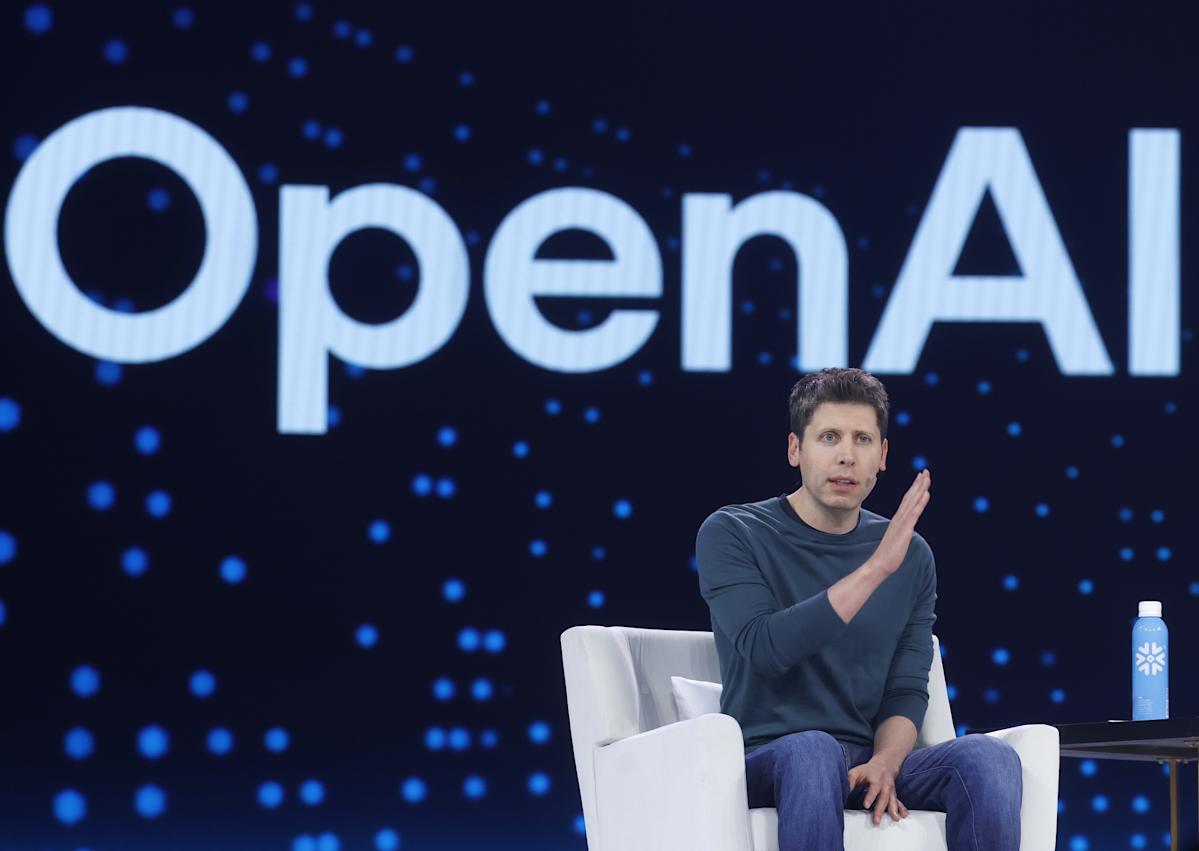

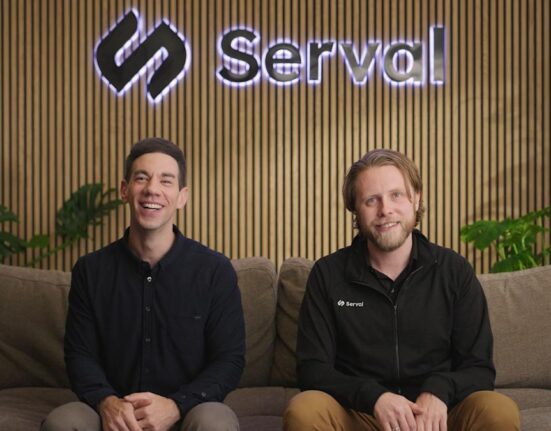

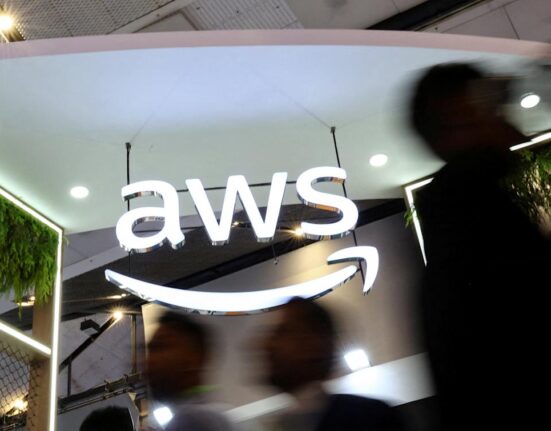

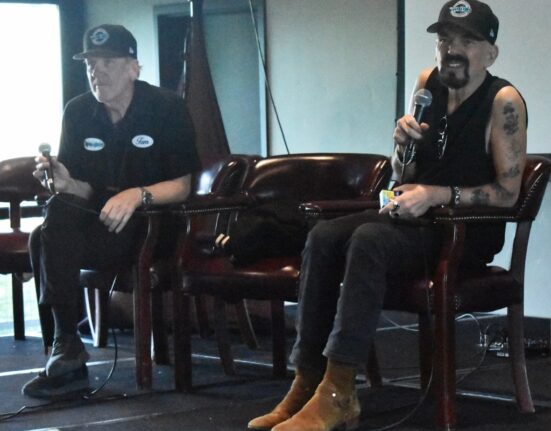

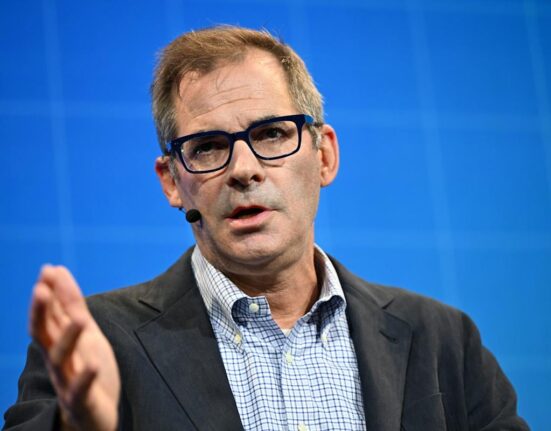
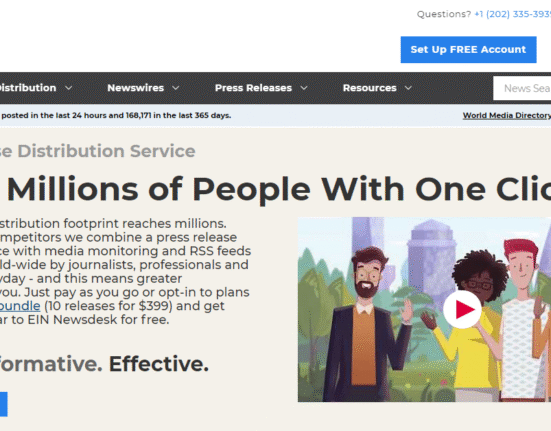

Leave feedback about this